

The Iskonawa people carry out productive activities on a small scale, aimed solely at satisfying the needs of family groups.


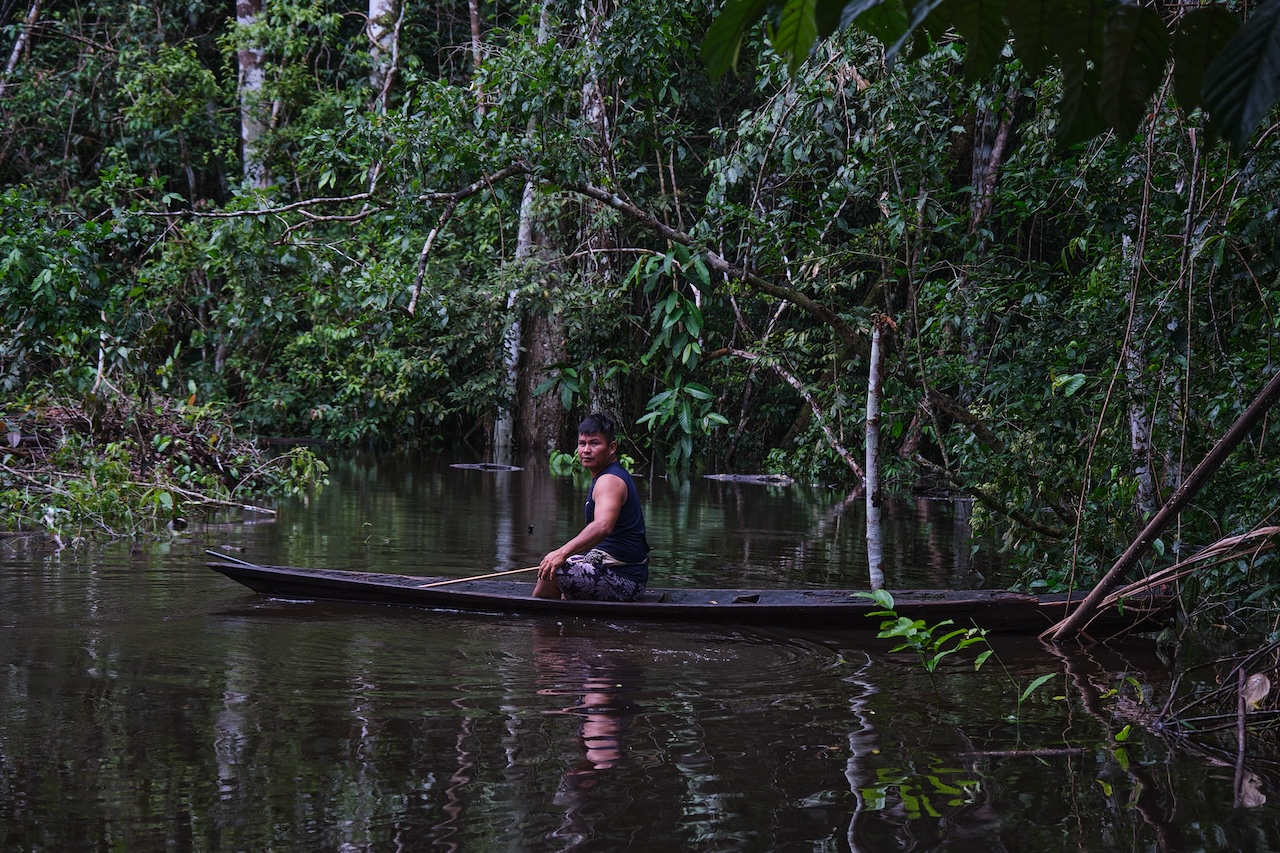
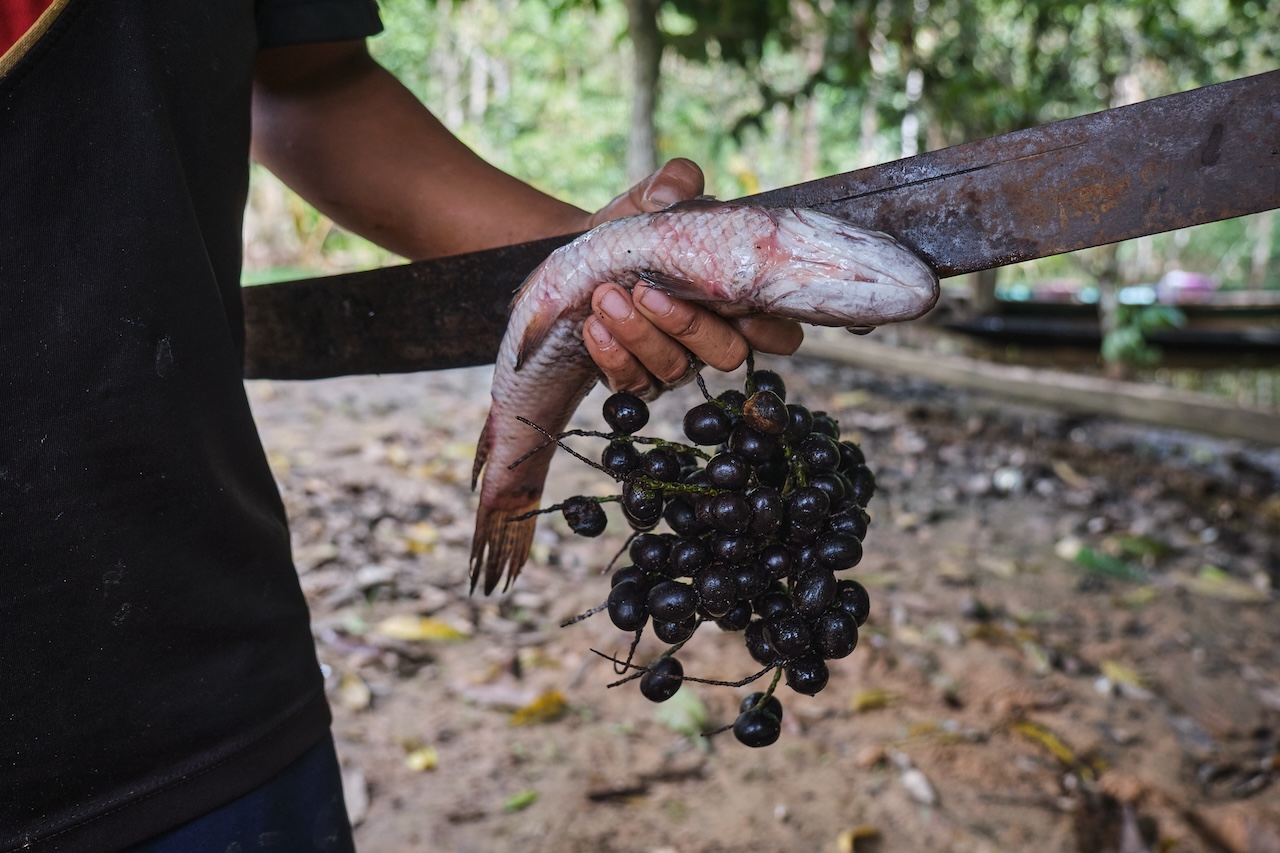
A traditional activity of great importance is hunting, which is carried out exclusively by men. Hunting is an activity that intensifies during the season when the rivers rise.
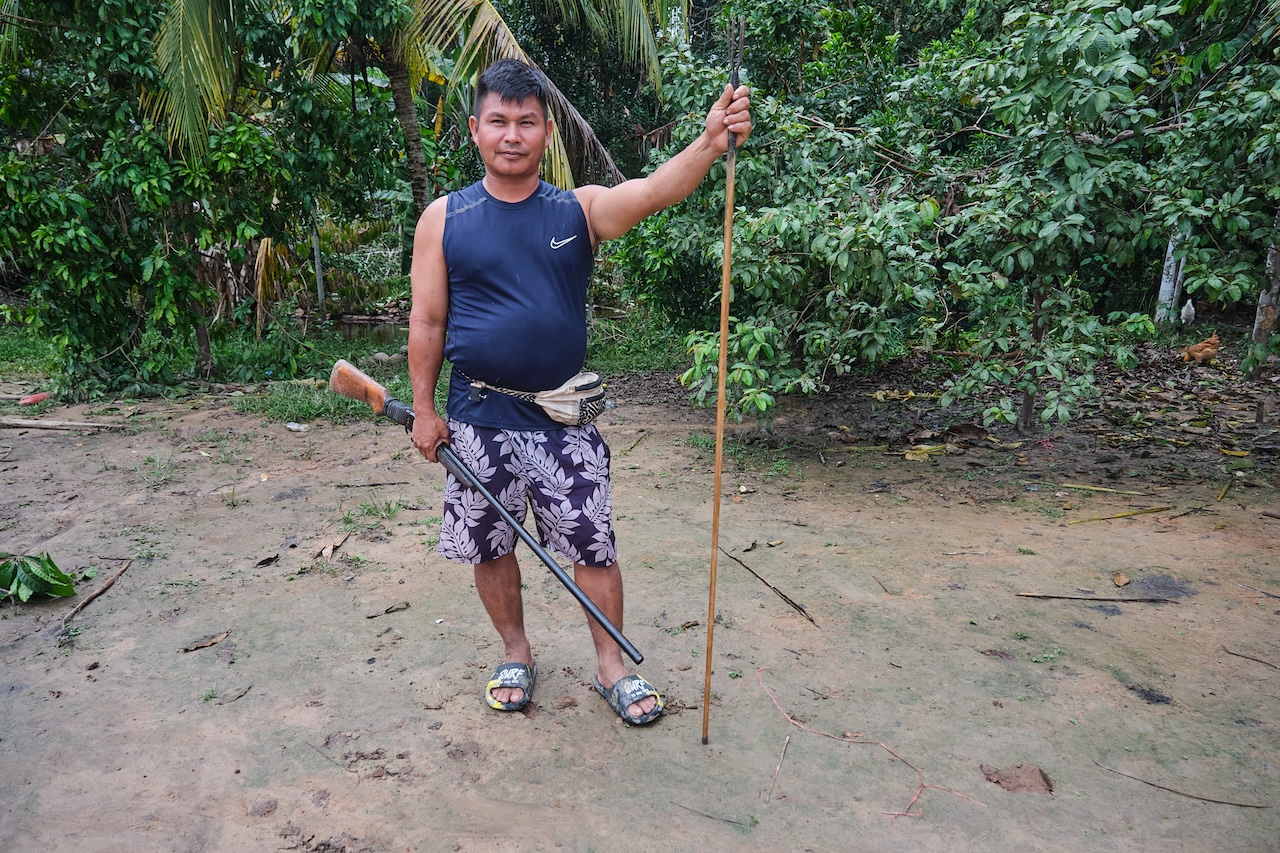
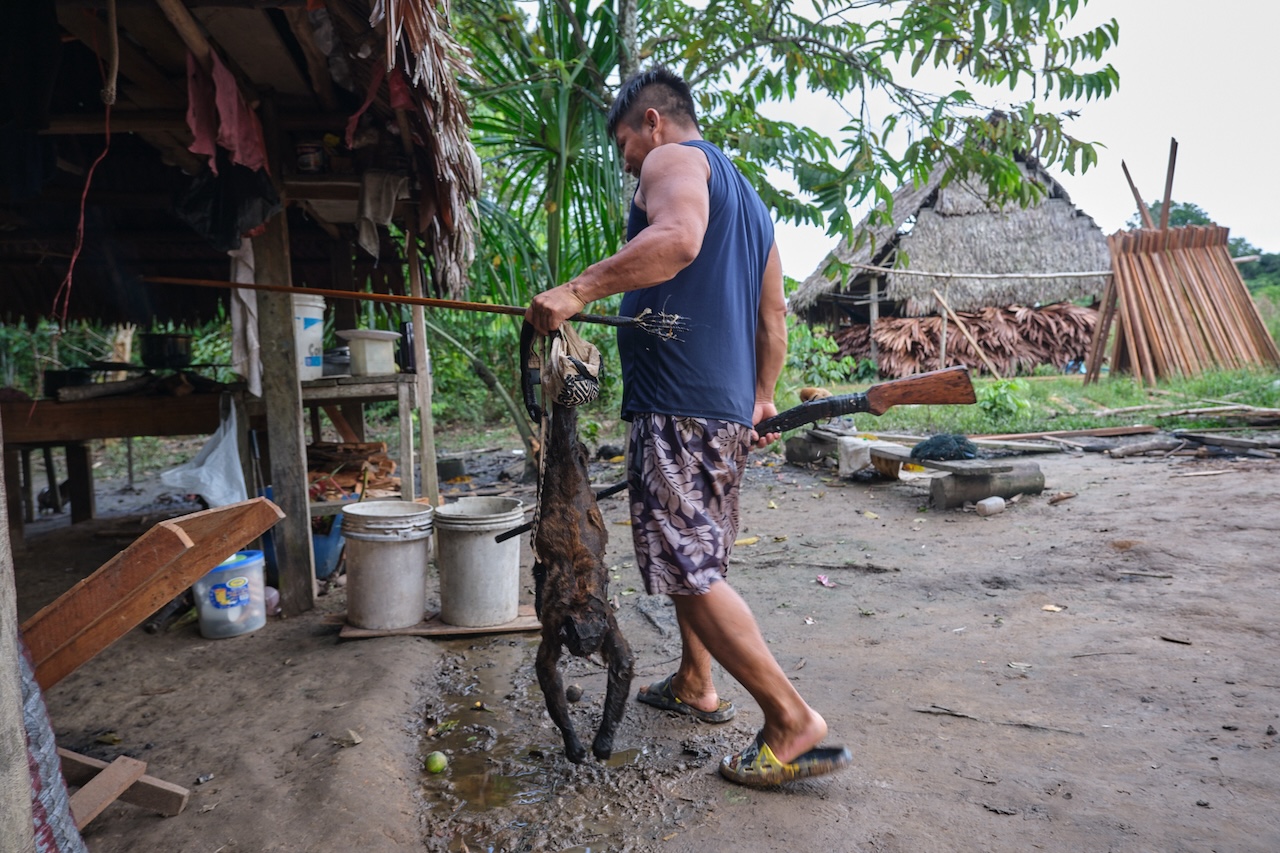
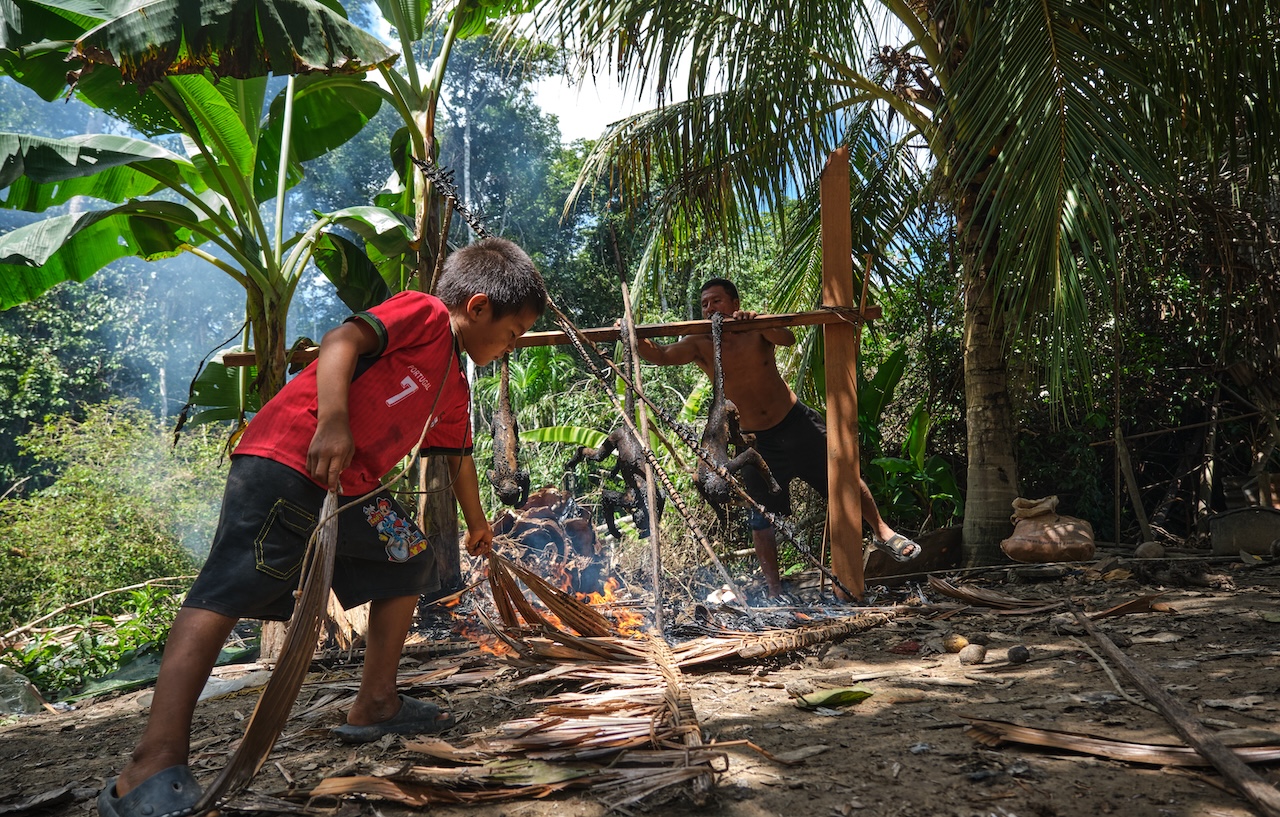

Fishing is another activity carried out individually and sometimes collectively by men and women, while agriculture and gathering are considered the main occupations of women.











